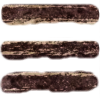
In 1994, right in the middle of the Yugoslav War (1992-1996), a grenade fell in my grandparents' (Šaha and Muharem Nuhanović)
front yard, near the window.
All the windows shattered and left the inside of the house exposed to a draft.
The outside front of the house stands wounded. The back remains protected and as it always was.
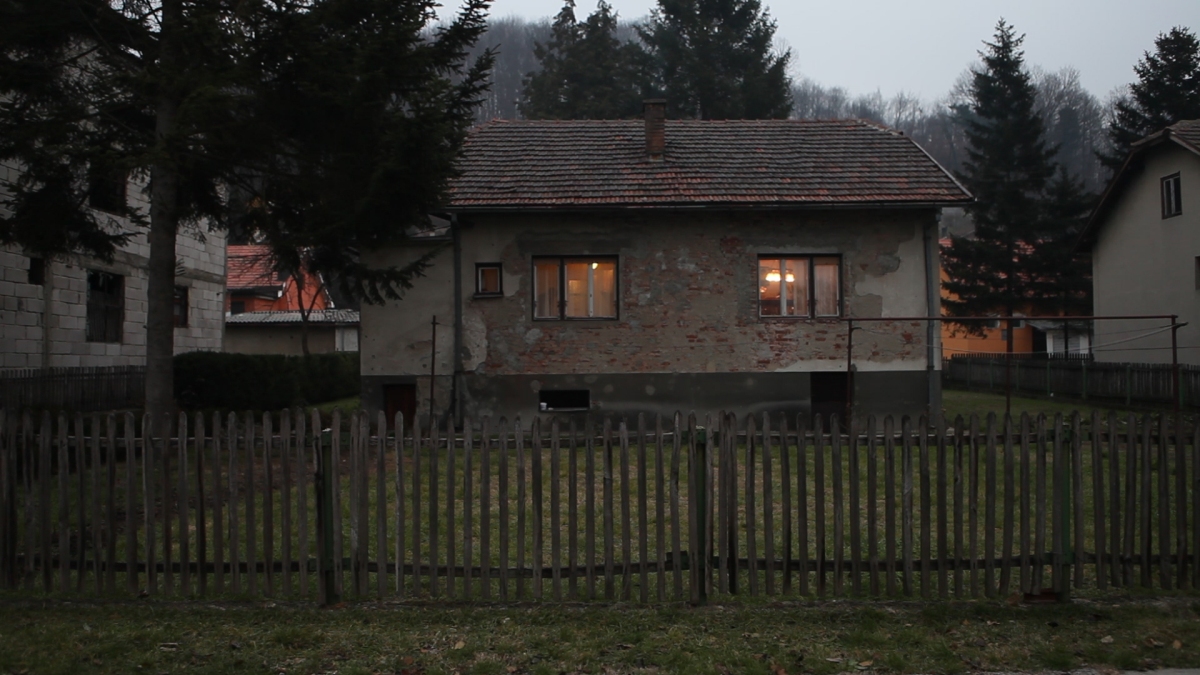
Only a few moments before, my grandparents were both sitting by the window, but decided to flee to the neighbour's basement as the shooting and grenades outside were becoming too loud. Had they remained where they were and continued having coffee by the window, they would both no longer be alive. In the same year, their daughter was killed. Now, one day passes in routine. The film shows both one day (from morning to evening) and one year (from spring to winter). Yet, in one day and in one year, a whole lifetime is lived at the same time.

Only a few moments before, my grandparents were both sitting by the window, but decided to flee to the neighbour's basement as the shooting and grenades outside were becoming too loud. Had they remained where they were and continued having coffee by the window, they would both no longer be alive. In the same year, their daughter was killed. Now, one day passes in routine. The film shows both one day (from morning to evening) and one year (from spring to winter). Yet, in one day and in one year, a whole lifetime is lived at the same time.
Synopsis
Close the Door tells the story of two elderly people as they struggle with the wounds of the
war, the loss they experienced, the many goodbyes they went through, the memories that
live with them and the awareness of their own mortality. The horror of the war is
unforgettable, yet hope and beauty flicker in moments of deep sorrow – this film is an elegy
to the human spirit’s endurance in the face of the most inhumane experience: the war.
The Characters
Muharem Nuhanović, 89 years
Muharem gets up and opens his bedroom window at the same time every day (around 5a.m.) and listens to the rooster.
After that, he simply sits and watches out the window.
The window is facing the backyard, where I remember a lot of fond moments such as family gatherings under the grapevine.
It appears as though my grandfather sees all those things as well as he looks through a window into a time no longer there, but a time that nonetheless haunts him and overwhelms the present time.
He has suffered a stroke, so the right side of his body remains largely immobile.
A caretaker comes in daily to help with hygiene, exercises, and every-day tasks.
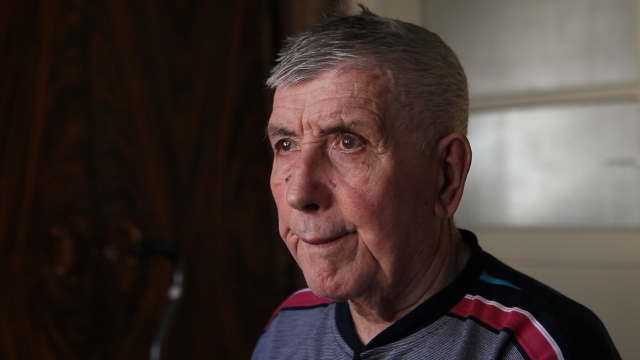
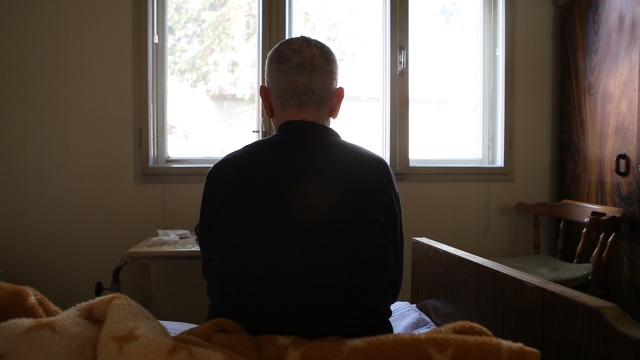
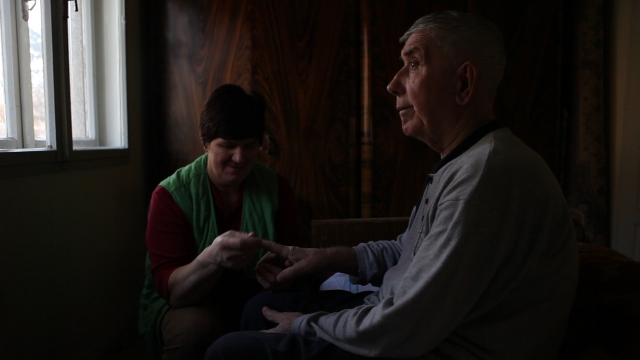
Šaha Nuhanović, 79 years
My grandmother is ten years younger and she often sits in the other room (kitchen) that is opposite of my grandfather's room and watches out the front.
She has a view of the front gate through which all departures and arrivals have taken place.
She also sees people come in with canisters to get the fresh water from my grandparents' yard.
In his young days, my grandfather built a pipeline from the forest to his front-yard.
Now people (about twenty a day) come every day to gather fresh spring water.
During the war, when the city-water was shut off, there would be line-ups of people.
My grandmother likes to watch them come and go.
She was sitting at the very same spot in the kitchen waiting for her daughter to arrive at the gate, when she received the call of her death.
The ambulance arrives often to check up on her heart and it is not the many household tasks she fulfills that cause the heavy and shallow breaths.

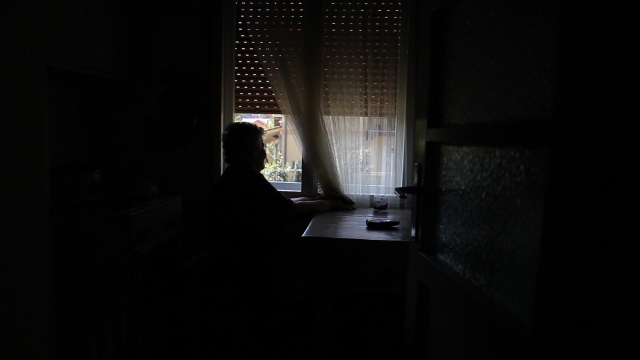
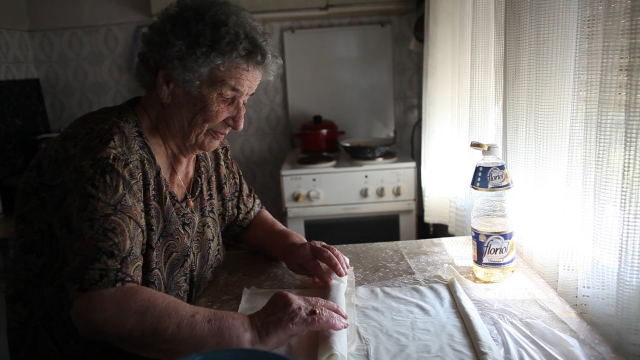



Approach
The film is difficult to classify as it contains elements of both documentary and fiction. No
interviews are being held. Scenes from every-day life are shown in a poetic way as though
the camera is not there at all. There is a mixture of directed and undirected elements.
What makes this a documentary is that I have remained faithful to the actual story of my
grandparents and have tried to capture the atmosphere and emotion of their every-day life
twenty years after the war. In essence, this film can be classified as a documentary shot in
the style of a poetic drama. Probably, if I never told anyone this was a documentary (i.e. no
actors), no one would know.
The 32-Minute Cut
I currently have a short version of the film (32 min) that is only available for exclusive viewing. Viewing privileges might be granted to potential associate producers, executive producers, publicists or distribution managers.
Importance of the Film
The Yugoslav war lasted from 1992-1996, so it ended almost twenty years ago.
Even though the war is no longer a hot topic in the media, the after-effects of war still echo.
Close the Door brings back to our attention that just because something has come to an official end, it doesn't mean that the end is actually there.
The wounds last for a long time to come and we should not be simply passers-by who believe that just because the morning paper no longer mentions a certain region of the world that this region has healed from the trauma.
While the film takes place in the context of the Yugoslav War, it reaches beyond in its themes and asks important universal questions such as: How do we move on from such trauma as the war? How can we prevent such acts of inhumanity in the future?
How can we come to terms with old age and our own mortality?
My Grandparents' House
When I saw my grandparents' house after the warI knew I had seen the nature of reality
better than any meditation guide could show me.
The front is destroyed from the grenade
that fell on the house beside theirs.
Exposed brick and a handicapped window bank
are looking over their garden where now only plastic flowers remain
keeping company to metal shrapnel in the soil.
The back remained the same, as always.
My grandfather still looks out from his back window
waiting for something good to happen.
A freshly painted wall still protects
the hanging mat where I used to rest as a child
day dreaming about all the different people I would become.


